As a developing economy, India has numerous developmental aspirations. How India meets these goals without worsening the climate crisis is at the heart of CSTEP's work. Addressing climate change and enabling a secure and sustainable future for Indian citizens require an overhaul of previous paradigms on development and resource utilisation. This is reflected in our work on developing low-carbon trajectories for development with an emphasis on nature-based solutions.
We are working with state governments across India to build capacity on risk and vulnerability assessments to inform their respective action plans on climate change. The transition from fossil fuels to renewable energy is crucial to achieving a secure and sustainable future. CSTEP's studies explore the possibility of a greater integration of renewables in the energy sector.
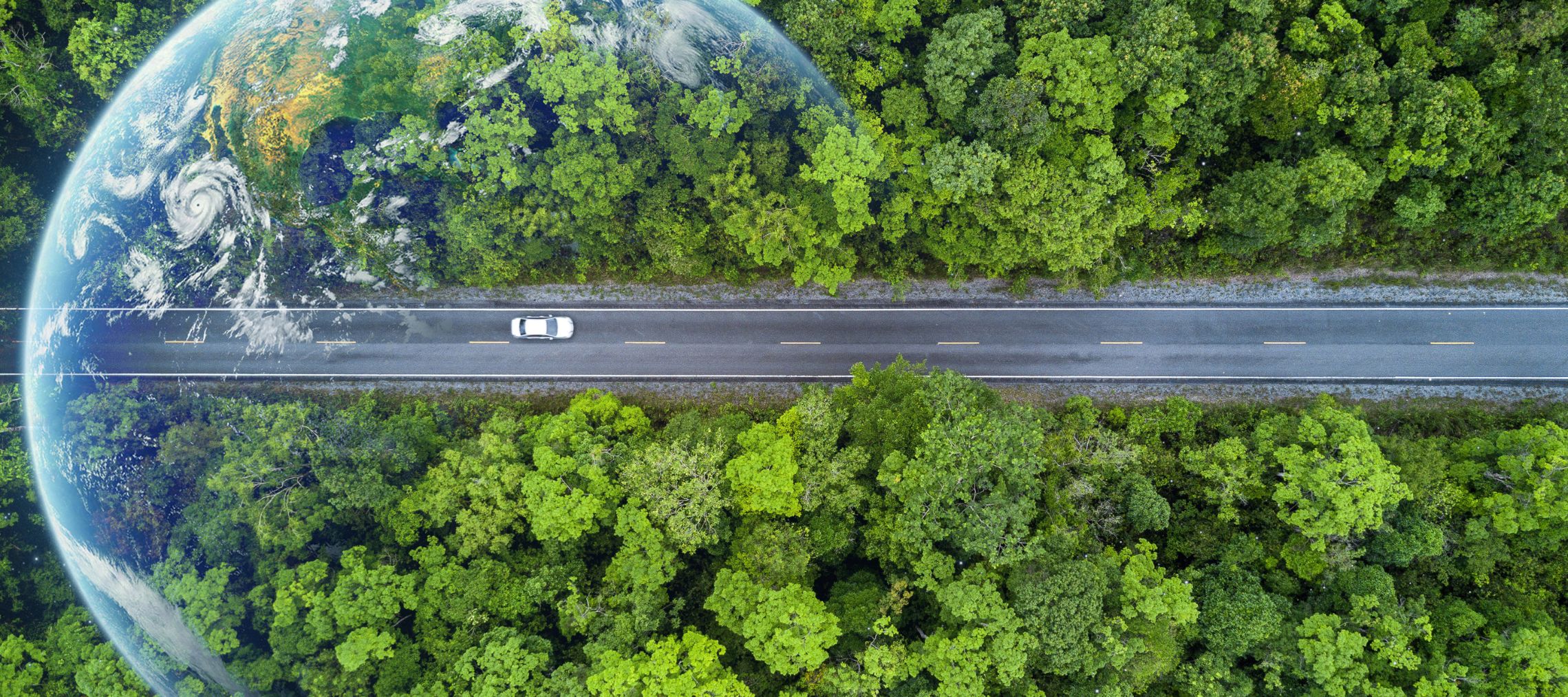
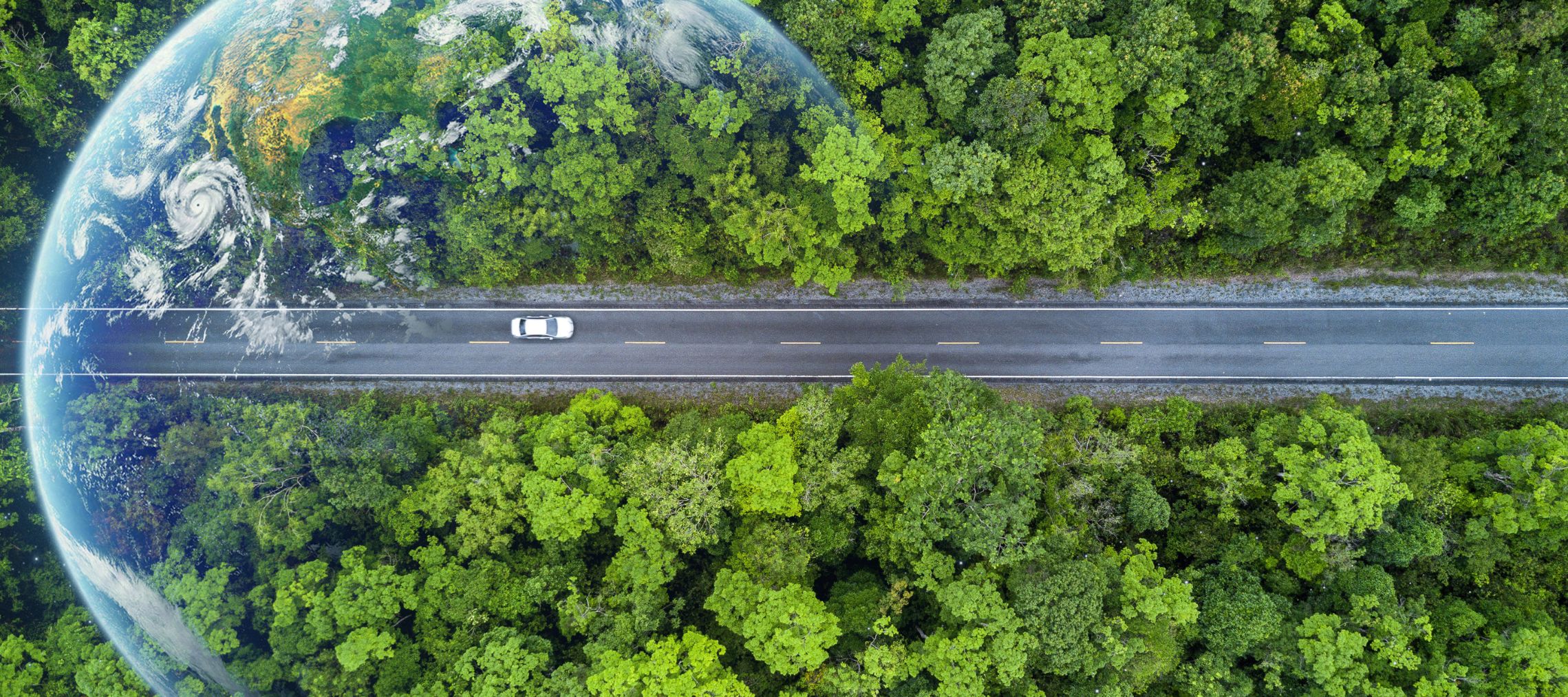
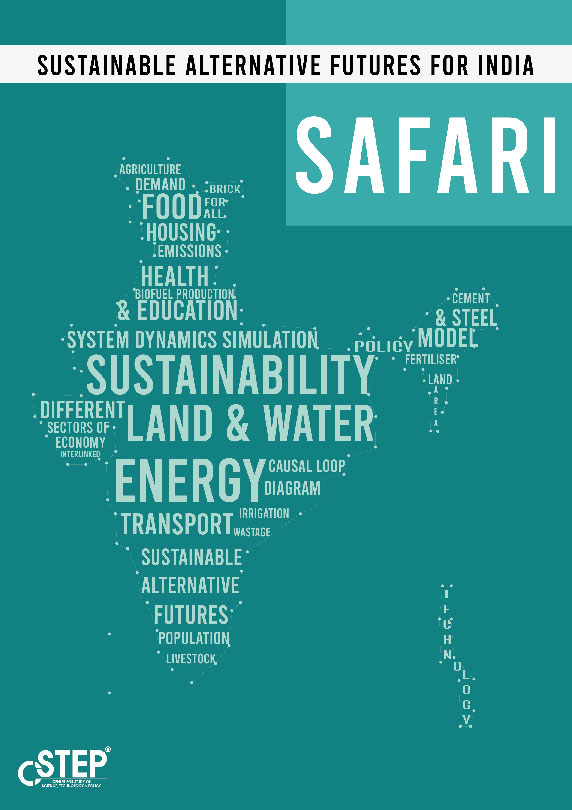
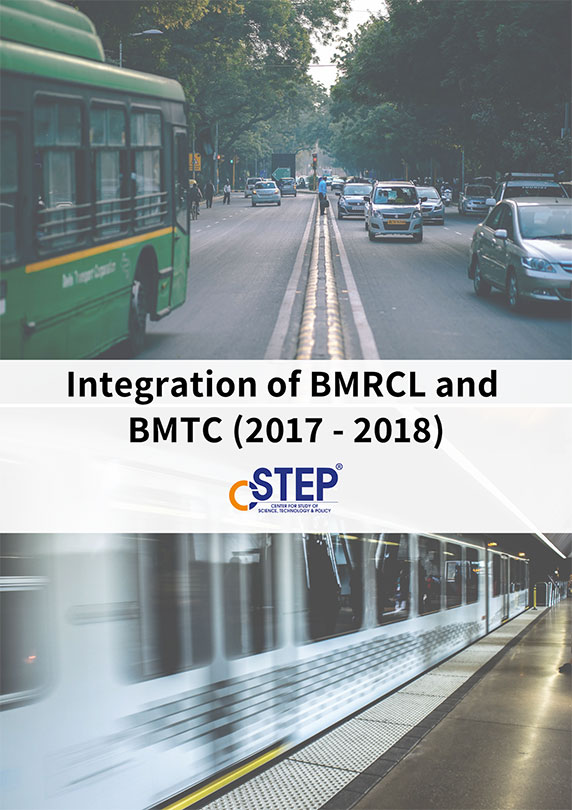
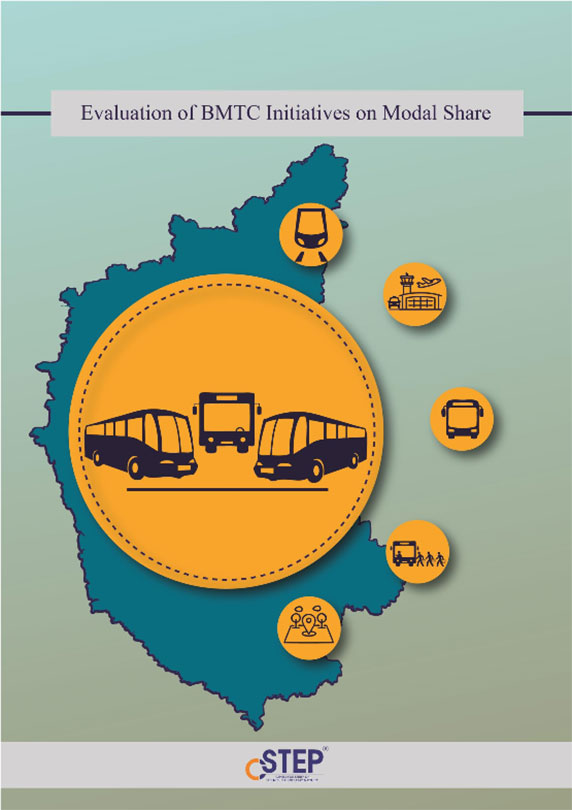
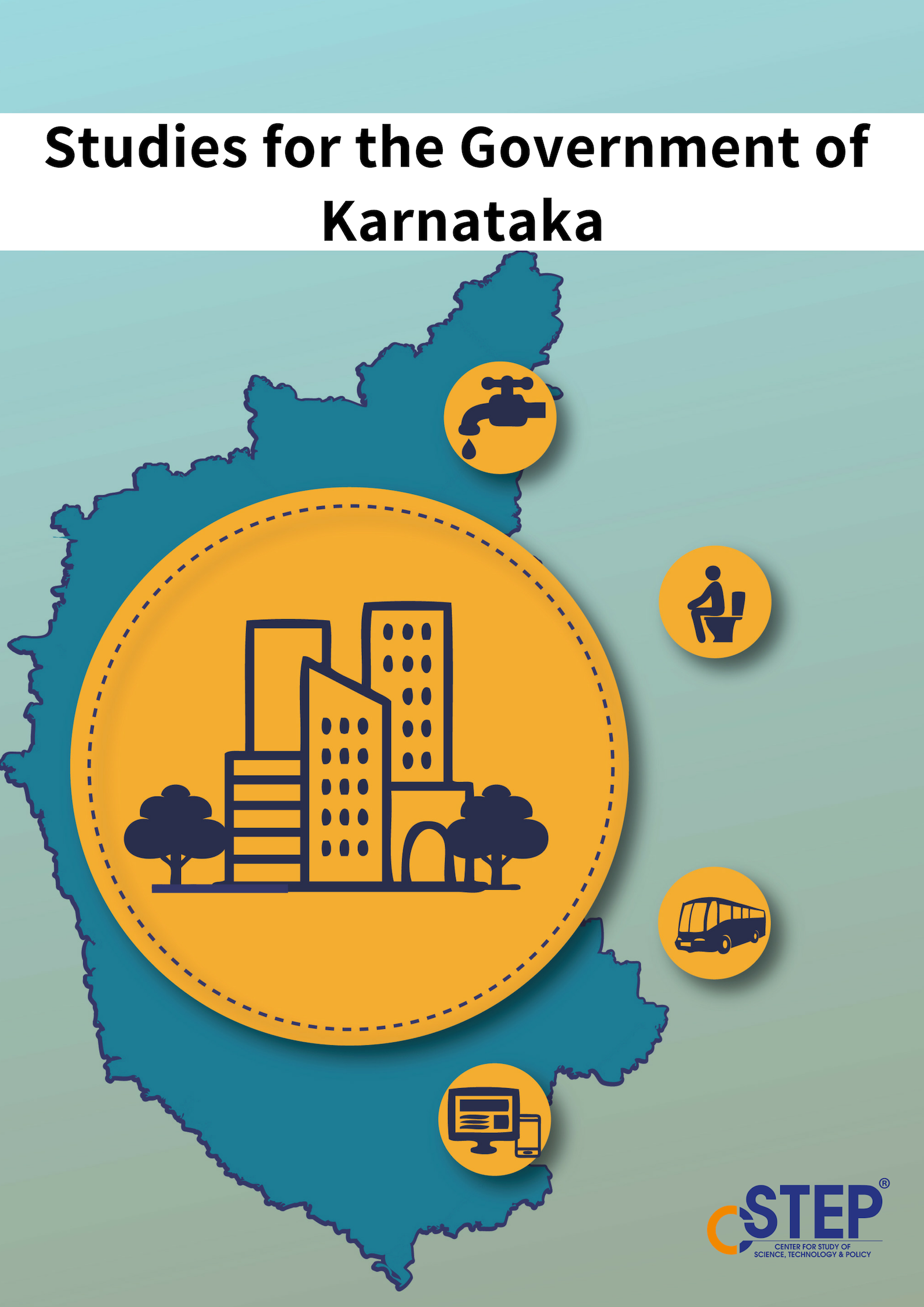

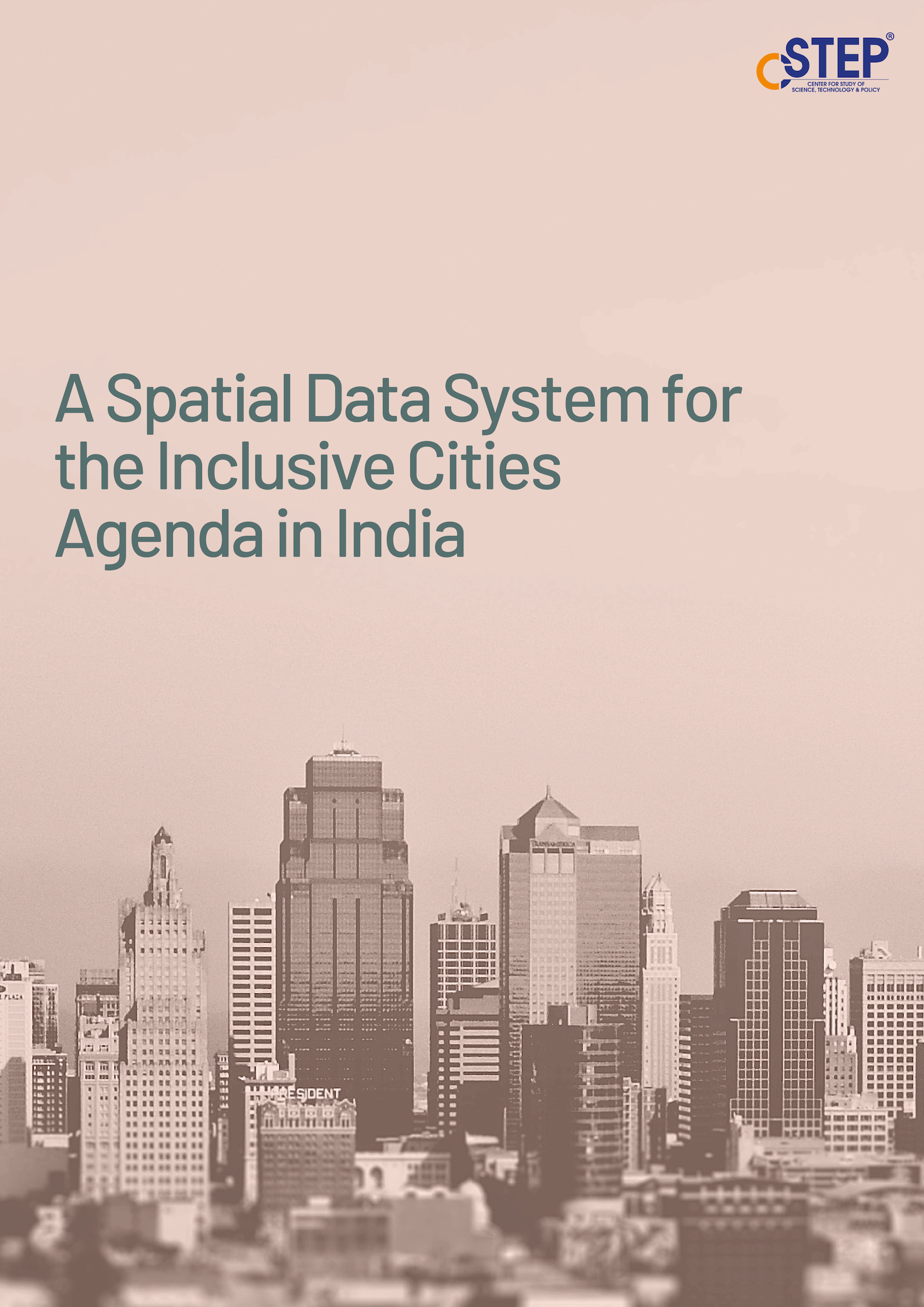
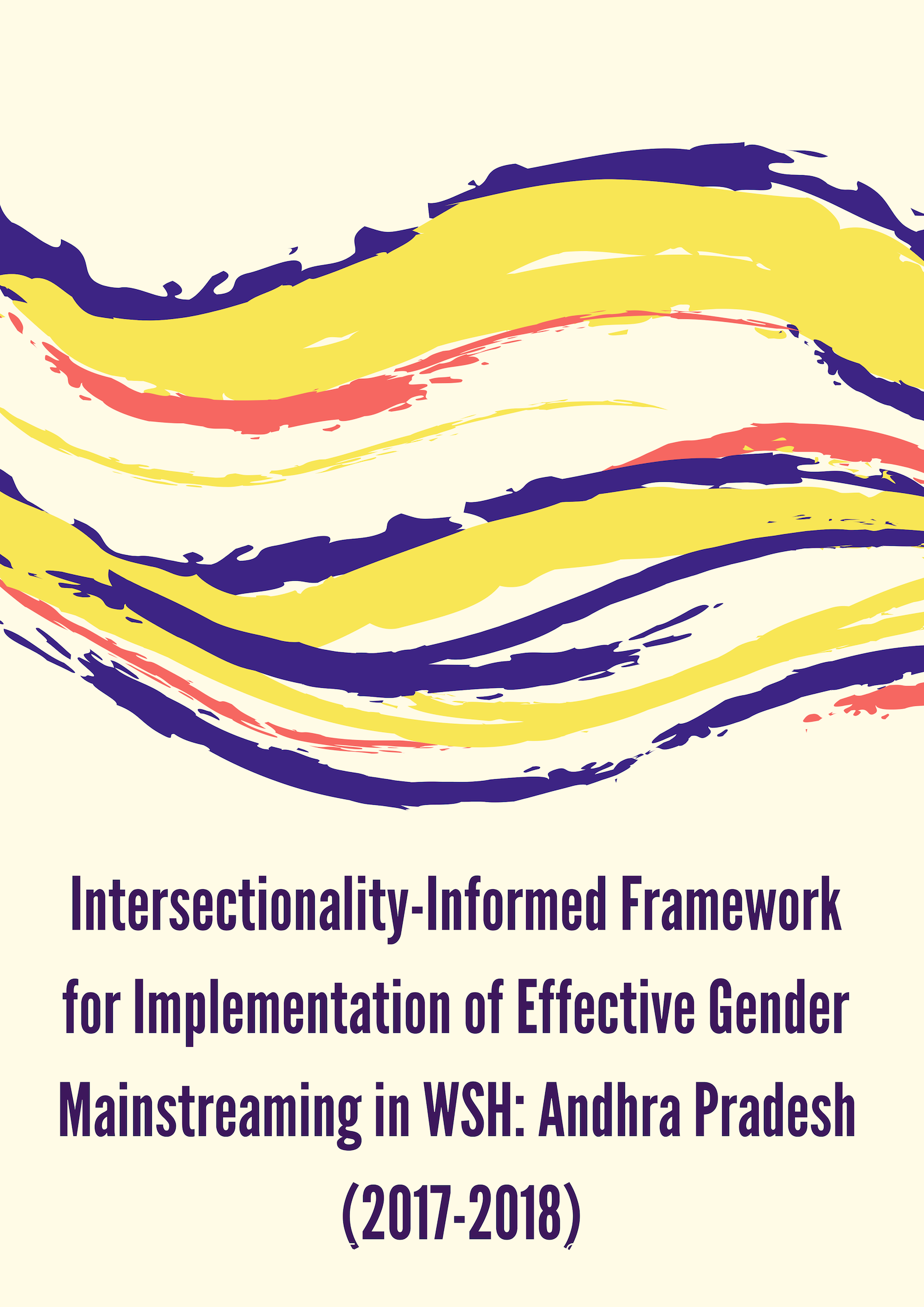
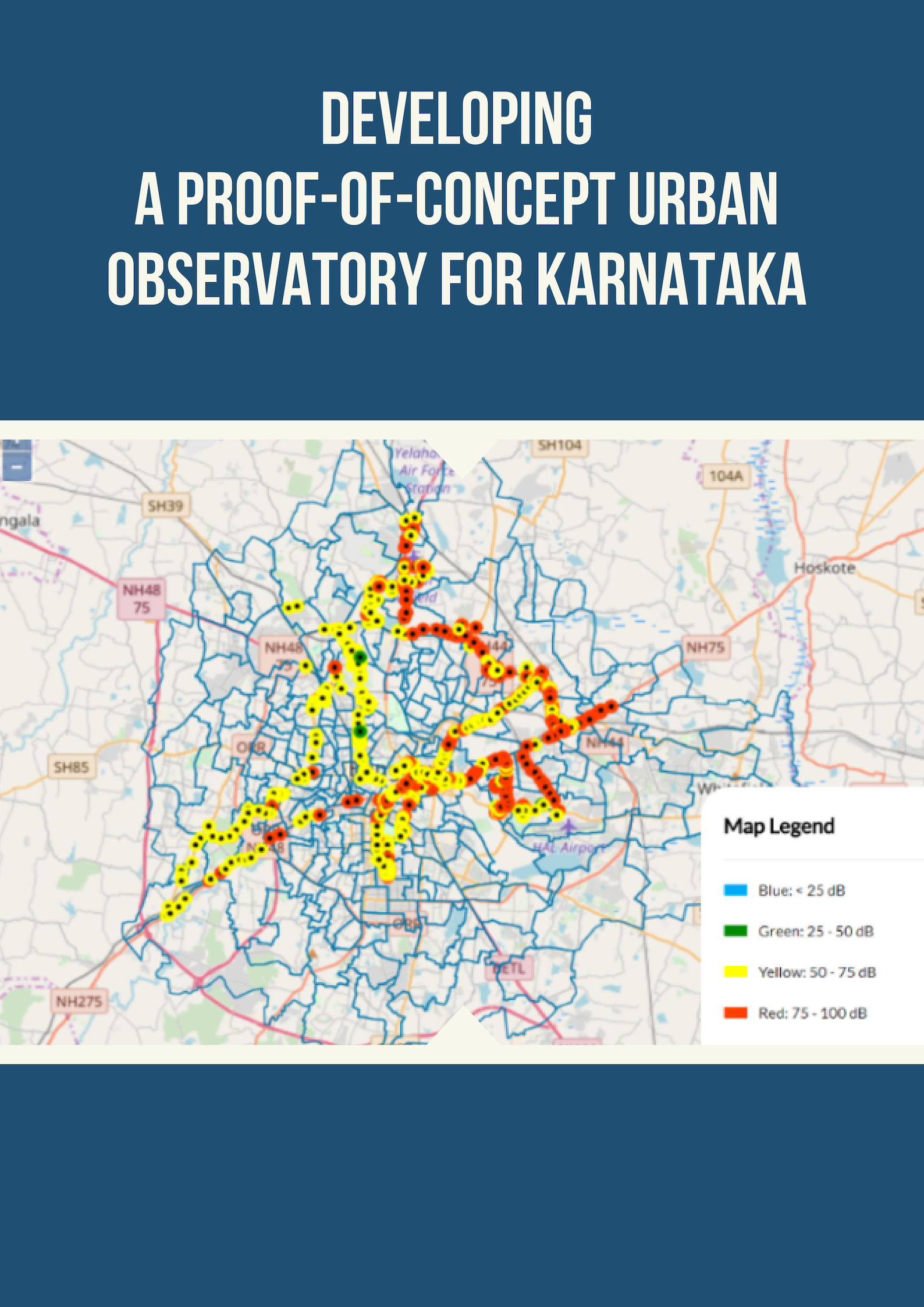
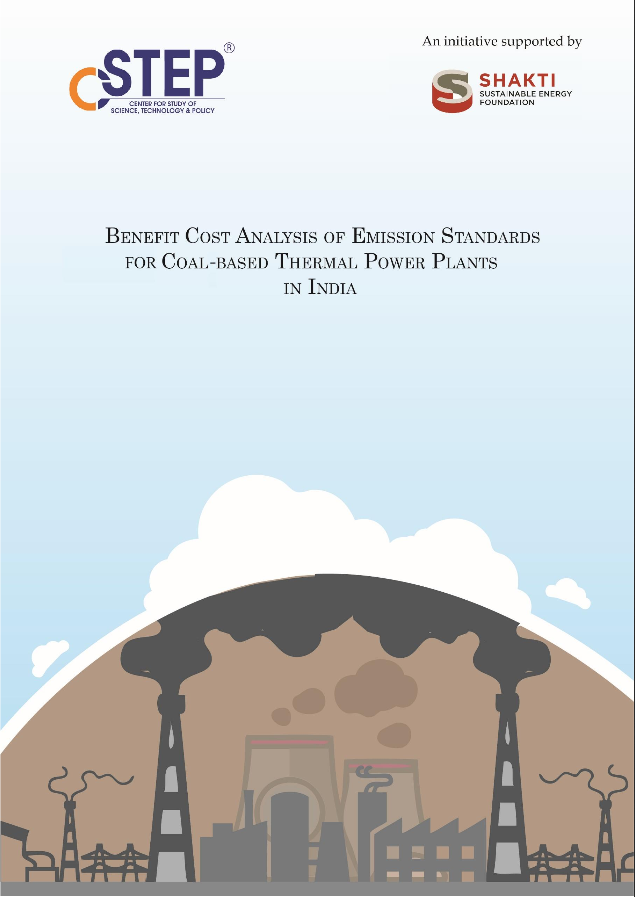


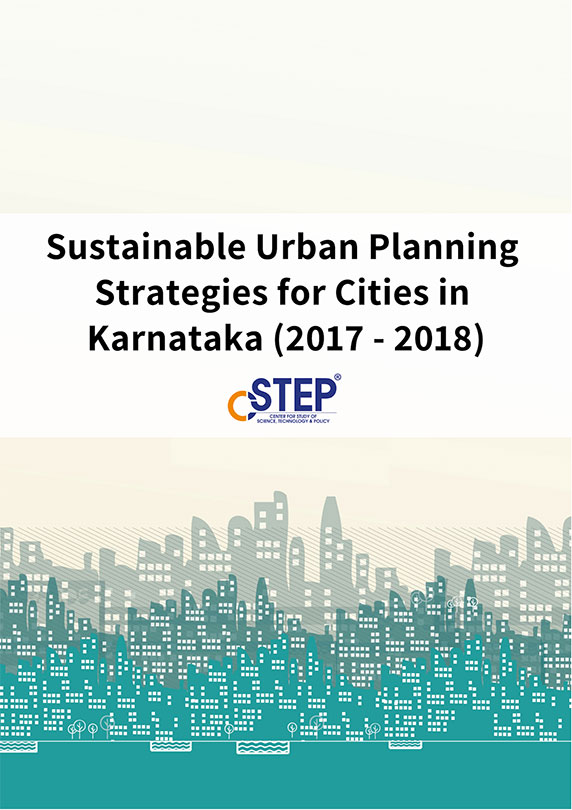




Press Release: Urban Greenprints: A Nature-based Solutions Feasibility Framework for Urban Coastal Regions
The Center for Study of Science, Technology and Policy (CSTEP), a Bengaluru-based think tank, has released a new report titled Urban Greenprints: A Nature-based Solutions Feasibility Framework for Urban Coastal Regions, calling for a paradigm shift in how India’s coastal cities approach urban planning and climate resilience.
Visualising climate change risks: The Climate Risk Assessment Tool (CRAT) for Puducherry UT
The Union Territory (UT) of Puducherry, comprising four regions, is primarily located in low-lying coastal and water-adjacent lands, making it highly vulnerable to climate change extremities and hazards such as droughts, heatwaves, floods, sea level rise (SLR), and coastal erosion. These pose significant challenges to the UT of Puducherry's agriculture, biodiversity, coastal ecosystems, infrastructure, and water resources. A comprehensive multi-hazard risk assessment is crucial to address and manage these multifaceted challenges effectively.
Urban greenprints: A nature-based solutions feasibility framework for urban coastal regions
This report serves as the primary document that offers a structured methodology for decision-making around nature-based solutions (NbS) in Indian urban coastal regions.
Report structure:
• Main Report (core document)
• Addendum 1 (overview of the policy and governance contexts within which NbS operate)
• Addendum 2 (detailed justification for the NbS decision matrix)
Reweaving the textile tapestry for a circular future
Consumerism in India has taken a big leap over the last few decades with a growing shift towards fast fashion. The Indian fast fashion business will reach a sizeable market value of USD 50 billion by FY31, according to a report by Redseer Strategy Consultants. However, India’s fast fashion frenzy is fuelling a textile waste crisis. Fashion for Good reports that the country generates nearly 7,800 kilo tonnes of waste annually, which is either dumped in landfills or incinerated.
